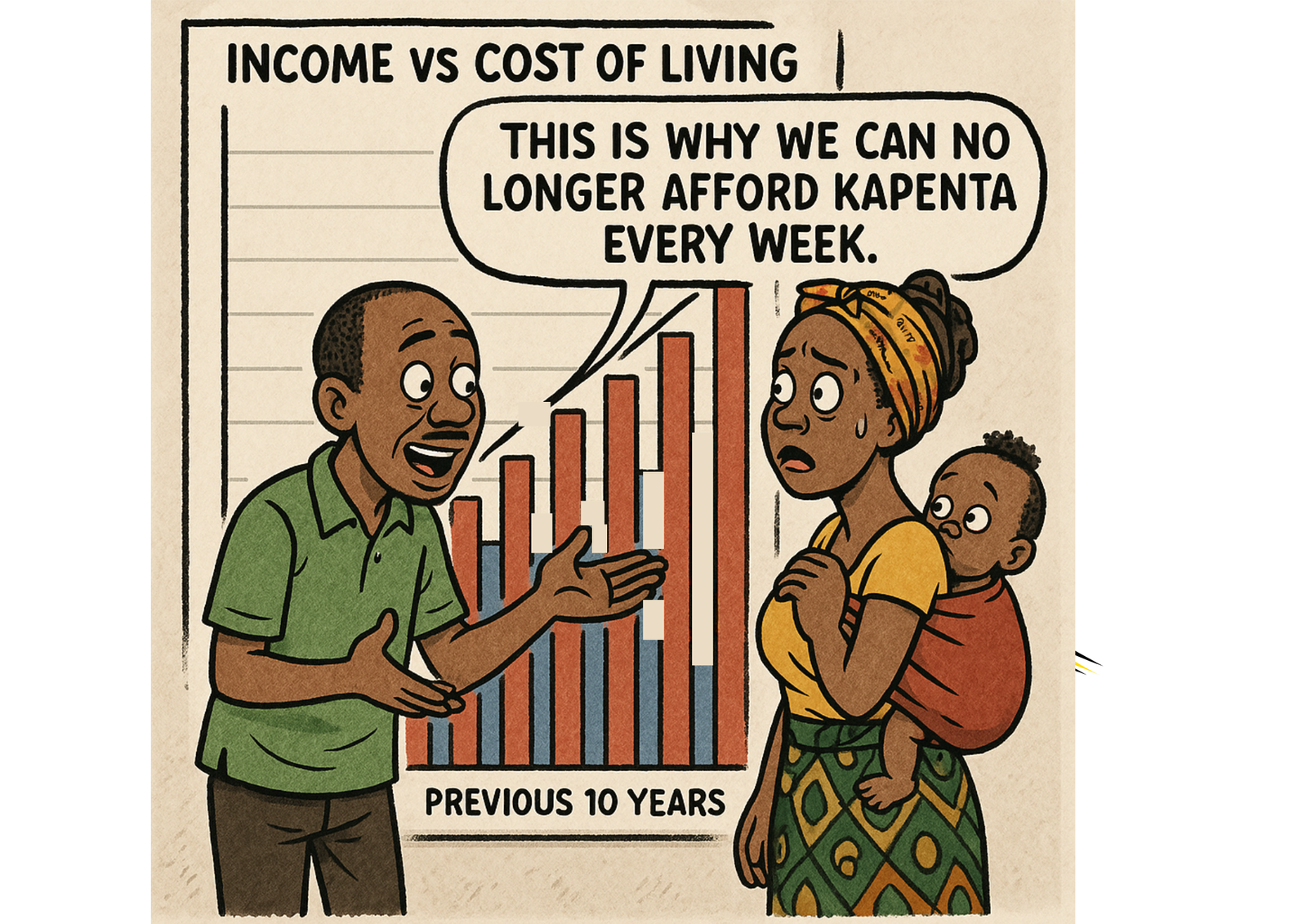What the Cyber Security and Cyber Crimes Act Means for You – And Why It Matters Now More Than Ever
Zambia’s Cyber Security and Cyber Crimes Act affects how we use the internet—from mobile money to online speech. In this KitweOnline Podcast, we break down what the law means for your rights, your data, and your digital future. Tune in, stay informed, and join the conversation.
Read More








